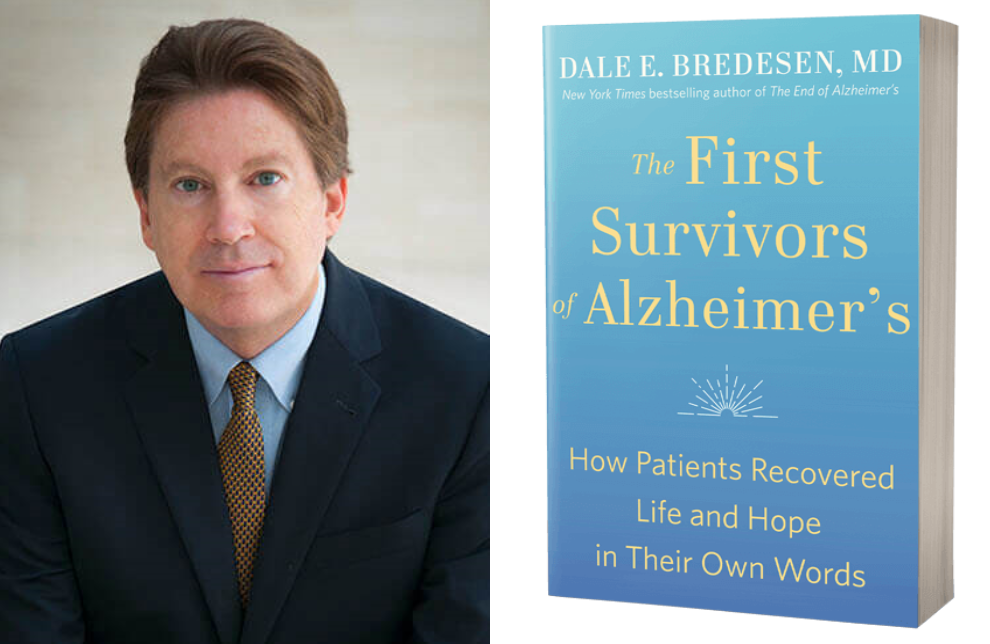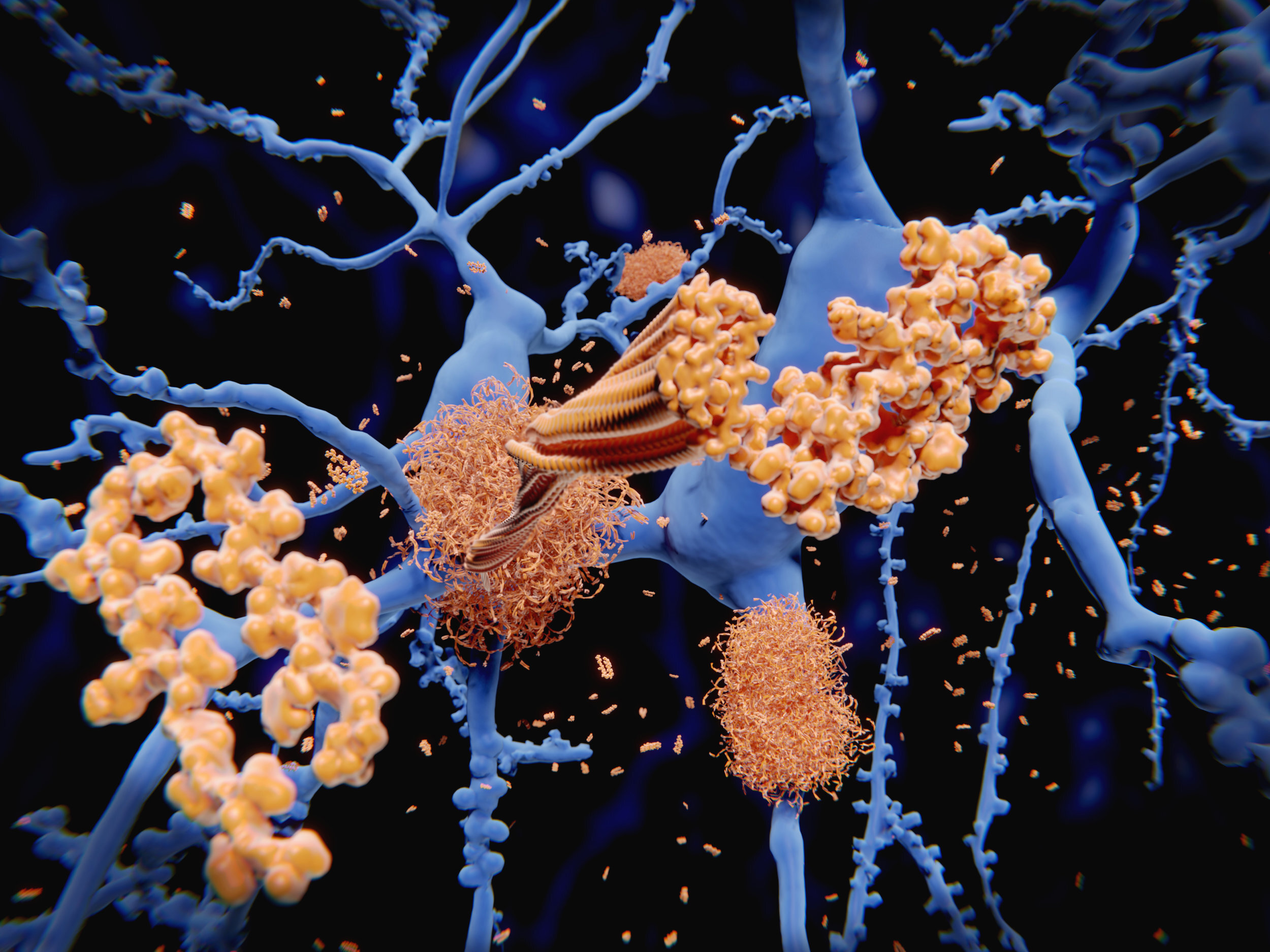Clinical trials of a new precision, or functional medicine approach to targeting, and reversing cognitive decline from Alzheimer’s Disease have produced “unprecedented” and “far-reaching” results.
Called the MEND (metabolic enhancement for neurodegeneration) Protocol, it’s based on the oft-ignored though universally understood preference, going all the way back to Hippocrates, for treating the cause, not the symptom, of a disease.
Developed by Dr. Dale Bredesen, an internationally-renowned expert in neurodegenerative disease, it works to fix and fortify the underlying biochemical profile that gives rise to Alzheimer’s, rather than simply targeting, as pharmaceutical companies have tried to do, the tau protein called beta-amyloid that brings about the hallmarks of the disease.
Over the last few years, several Alzheimer’s drugs have failed to prove efficacy, or what little efficacy they’ve demonstrated goes further to highlight the need for other treatment options, rather than the future any potential pharmaceuticals have for treating, much less curing, the third-leading cause of death in the United States.
Donanemab, for example, demonstrated no more than a mild rebuff of the developing symptoms for a period, but with only slightly greater results than placebo, but aducanumab, solanezumab, gantenerumab, crenezumab, and belenbecestat, have all failed to make expectations.
Neuroscientists have firmly established the only natural defense mechanism we have to protect our brain from the toxic beta-amyloid proteins that cause Alzheimer’s is sleep, but Bredesen has now shown in a series of human clinical trials that there is a panoply of conditions that must be met in order for a human to develop Alzheimer’s, and that if these conditions are corrected, even in the elderly, dementia can be reversed.





